
With our first event on Sunday, the KEIT team are running around finishing the final touches and getting the events ready for the Festival.
We would love for you to attend the free events that interest you, engaging in the research Bournemouth University creates is what we love to see people do! Check out the line up below and book your FREE tickets today, you definitely don’t want to miss out.
Sunday 5th November:
Me and My Green Space
With Dr Holly Crossen-White, Dr Angela Turner-Wilson, Annie East, Dr Nathan Farrell and Tom Clark (RSBP)
In this fun, interactive event for the under-12s, we will be exploring what green spaces mean to you, how you feel in green spaces and your favourite ways to use them. By the end of the session the group will craft a joint artistic representation of your ideas of green spaces in the community. Drop in event from 11am-6pm at Kingfisher Barn, Granby Road, BH9 3NZ
Tuesday 7th November:
Exploring the Impact of Brexit on the Social Care Workforce
With Dr Rosie Read and Professor Lee-Ann Fenge
This workshop explores research and evidence around Brexit and the social care workforce at regional and national levels and considers how research can be best presented to enable the sector to develop informed responses to the challenges linked to Brexit. BOOK TICKETS
Wednesday 8th November:
Seldom Heard Voices
With Professor Lee-Ann Fenge and Dr Wendy Cutts
Join us for an afternoon of entertainment in words and music as we showcase the marginalised voices that our research has supported over the past five years. The show, presented in association with the Bridport Literary Festival, will explore topics such as youth and disability, homelessness, old age and kindliness. Booking available via Britport Literary Festival website
Readiness to Radical Change for Organisational Sustainability Post-Brexit
With Dr Mohamed Haffar and Sara Horani
In a post-Brexit world, our organisations will be faced with the need to adopt strategic changes as the UK’s role in international trade will be taking new directions. Join us to explore how you can measure and enhance employee readiness for change. This can help you to determine the required actions to achieve sustainable competitive advantages for your organisation in the post-referendum economy. BOOK TICKETS
Performance in Pairs: Human Minds Acting Together
With Dr Xun He and Juan Camilo Avendaño Diaz
In this interactive talk, we will explore recent findings that suggest when we perform tasks together our cognitive functions and behaviour can be guided by others’ minds. See first-hand some of the psychological experiments that show how human minds seem to be “acting together”. BOOK TICKETS
Thursday 9th November:
Brexit: Next Steps for Businesses and Trade Policy
With Dr Sangeeta Khorana and Professor Jens Holscher
This workshop invites academics and businesses to discuss the possible options around several pressing post-Brexit issues: (a) What form of economic relationship can be best re-negotiated within the short timespan (until October 2018) between the UK and EU? (b) What will be the impact on small and medium sized British firms? What steps are proposed to ensure that British firms remain competitive after Brexit? (c) Implications for UK trade policy making, focusing in particular on future trade arrangements with the WTO and other countries. Booking via invitation only
Putting Social Science into Project Management
With Karen Thompson and Paul Summers
Recent research has challenged the prevailing view of project management as a technical activity. Our one day event will explore how research methods from social sciences have uncovered new understandings within the field of project management through seminar sessions, discussions and a poster exhibition. BOOK TICKETS
The Impact of Financial Scams on Older People: Tackling Loneliness through Connections and Creativity
With Professor Lee-Ann Fenge and Dr Sally Lee
There is growing recognition from the government alongside health and social care agencies of the negative impact of loneliness on health and well-being. This event will provide a forum for staff from key agencies and the public to come together and explore current research, best practices and develop a new understanding of how loneliness can increase susceptibility to financial scam involvement and gain knowledge about how we can combat this threat through connections and creativity. BOOK TICKETS
Friday 10th November:
Thank-you for Coming: Why Gratitude Matters
With Dr Fiona Cownie and Kate Bond
Is ‘thank-you’ the most powerful phrase you use in your working life or do you find it difficult to say ‘thank-you’? This seminar explores the power of gratitude and highlights the challenges people and organisations find in expressing gratitude. You will leave with a new understanding of the nature of gratitude and with an action plan which you can implement within the work or volunteering environment. BOOK TICKETS
Saturday 11th November:
Supporting Care Leavers into Higher Education: What works?
With Dr Sue Eccles and Dr Vanessa Heaslip
This interactive workshop showcases recent research undertaken at Bournemouth University into the experiences of Looked After Children and those supporting them as they consider, enter and transition through university. This group of (potential) students often face more challenges when considering their future than many other young people but our study suggests that, with additional support and guidance, they can and do become successful graduates. Through discussion and mini-research activities, you will have the opportunity to link the findings from this study with your own experiences and consider how we can work together to fully engage and support these young people into higher education. BOOK TICKETS
Miracles in the Mundane: Hitchhiking and Micro Adventures
With Dr Michael O’Regan
Join hitchhikers and social scientists, as we think with and through hitchhiking and micro adventures. We will be hosting a series of talks and discussions around hitchhiking and micro-activities to explore the modern experiences of passengering, ethical encounters, trust, the cost of speed and acceleration, driverless cars, social entrepreneurship, self-sufficiency, automobility and infrastructure from a social science perspective. BOOK TICKETS
Check out the ESRC website for more information on the fantastic events running across the entire Country!
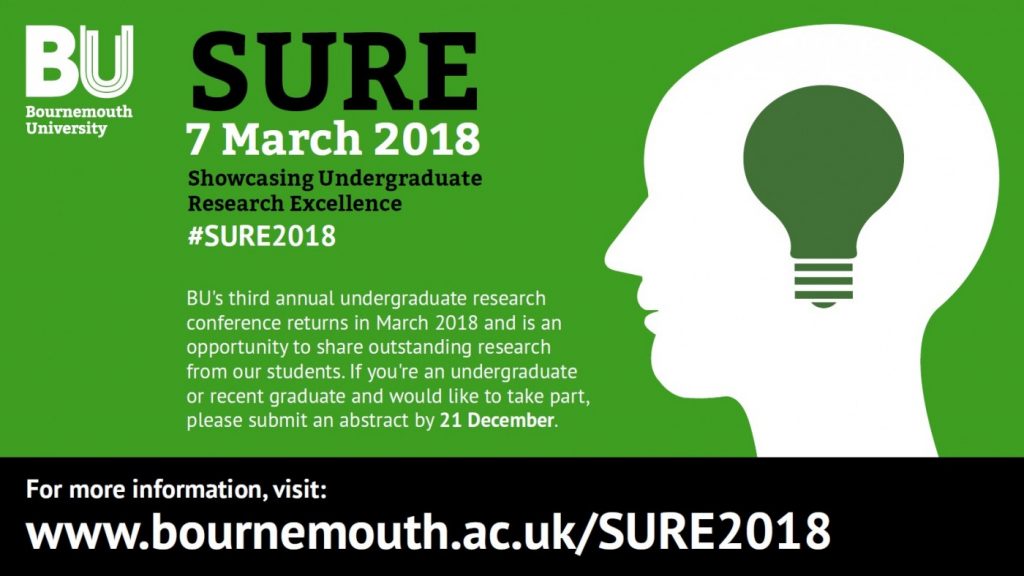

 Organised by Dr Ambrose Seddon (
Organised by Dr Ambrose Seddon (
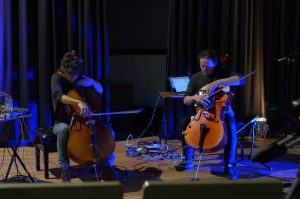
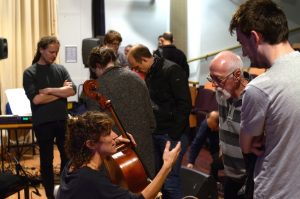
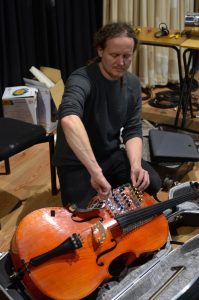

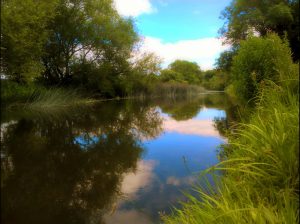



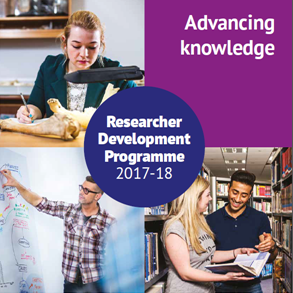




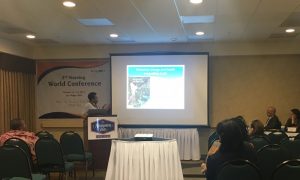
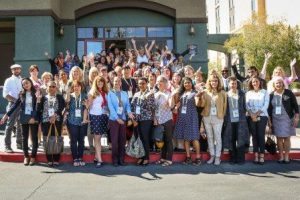



 Every BU academic has a
Every BU academic has a  By clicking on this box, on the left of the Research Blog home page just under the text ‘Funding Opportunities‘, you access a
By clicking on this box, on the left of the Research Blog home page just under the text ‘Funding Opportunities‘, you access a 










 Beyond Academia: Exploring Career Options for Early Career Researchers – Online Workshop
Beyond Academia: Exploring Career Options for Early Career Researchers – Online Workshop UKCGE Recognised Research Supervision Programme: Deadline Approaching
UKCGE Recognised Research Supervision Programme: Deadline Approaching SPROUT: From Sustainable Research to Sustainable Research Lives
SPROUT: From Sustainable Research to Sustainable Research Lives BRIAN upgrade and new look
BRIAN upgrade and new look Seeing the fruits of your labour in Bangladesh
Seeing the fruits of your labour in Bangladesh ECR Funding Open Call: Research Culture & Community Grant – Apply now
ECR Funding Open Call: Research Culture & Community Grant – Apply now ECR Funding Open Call: Research Culture & Community Grant – Application Deadline Friday 12 December
ECR Funding Open Call: Research Culture & Community Grant – Application Deadline Friday 12 December MSCA Postdoctoral Fellowships 2025 Call
MSCA Postdoctoral Fellowships 2025 Call ERC Advanced Grant 2025 Webinar
ERC Advanced Grant 2025 Webinar Update on UKRO services
Update on UKRO services European research project exploring use of ‘virtual twins’ to better manage metabolic associated fatty liver disease
European research project exploring use of ‘virtual twins’ to better manage metabolic associated fatty liver disease